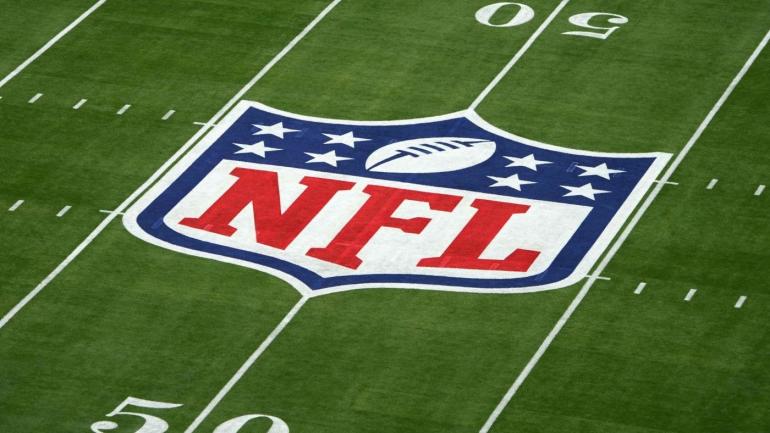
When it comes to overtime, things can be a little confusing in the NFL and that’s because the league has a different set of rules for the playoffs that are not used in the regular season.
Current postseason overtime rules They were implemented in 2022 and guaranteed that both teams would get at least one possession in overtime. The new format has only been used once and that was during the Kansas City Chiefs’ 25-22 victory over the San Francisco 49ers in Super Bowl LVIII.
Here are the overtime rules for the postseason:
- The team that wins the toss will decide if it wants to possess the ball first. If the winner of the draw decides to start, they will be able to select which goal they want to defend.
- Each team will have the opportunity to possess the ball at least once in overtime. If the team that receives the ball first scores a touchdown, the second team will have a chance to tie the score. If the second team scores a touchdown (or matches what the first team did on the score), the game will go to sudden death. Sudden death will also occur if both teams are goalless in their first series.
- The only way the game can end without both teams possessing the ball is if the team that receives the ball first gets a safety.
- If the second team still has the ball when the first overtime period ends, the game is not over. Assuming it is still their FIRST overtime possession, the second team can continue its drive into the second overtime period (This almost happened in Super Bowl LVIII: the Chiefs scored the winning touchdown on the last play of the first half If that’s the case, the pass would have been dropped, then the game would have gone into a second overtime and the Chiefs’ first possession was still going.)
- The same timing rules that apply at the end of the second and fourth periods in regulation also apply at the end of a second or fourth period of overtime, so there would be a two-minute warning if the game went that far in one second ( or fourth) period of overtime. There will also be a brief ‘halftime’ after two extra periods are played.
- If there is still no winner at the end of a fourth overtime period, another drawing will be held. In the Super Bowl era, there have been five double overtime games, but no game has gone to triple overtime.
- Each team receives three timeouts for each half of overtime played, so a team could burn all three timeouts in the first overtime, but then have none for the second overtime. However, they would get three more timeouts to start the third overtime and those three could also be used in the fourth overtime. If a fifth overtime occurred, the teams would again make up their three timeouts.
- All overtime periods last 15 minutes in the postseason and all reviews are initiated by the replay official, so there are no overtime challenges.
The rules were changed in 2022 after the Bills failed to get the ball in an overtime loss to the Chiefs during the 2021 divisional playoffs.
The new overtime rule was on display in Super Bowl LVIII and Kyle Shanahan received some heat after the 49ers decided to take the ball first after winning the toss. That gave the Chiefs the advantage of knowing exactly what they needed once they got the ball in overtime and they took advantage of that to beat the 49ers in the Super Bowl.
If we see a playoff game go to overtime this year, it will be interesting to see how each team handles it. After the 49ers loss, it seems unlikely that we will see the team that wins the coin toss take the ball first.
Playoff overtime rules are slightly different from regular season rules. During the 2024 season, there were a total of 16 overtime games and for those regular season games, the overtime rules were as follows:
- There is an extra time of 10 minutes.
- The team that receives the ball first can win the game by scoring a touchdown on its first possession. If a touchdown is not scored, the second team will have the opportunity to possess the ball. Once the second team has the ball, the game becomes sudden death: if the first team did not score a goal in its possession, the second team could win it with a field goal.
- If things are still tied after the first overtime, then the game is declared tied.
Although regular season games can end in a tie, that’s obviously not the case in the playoffs, as someone has to advance.







